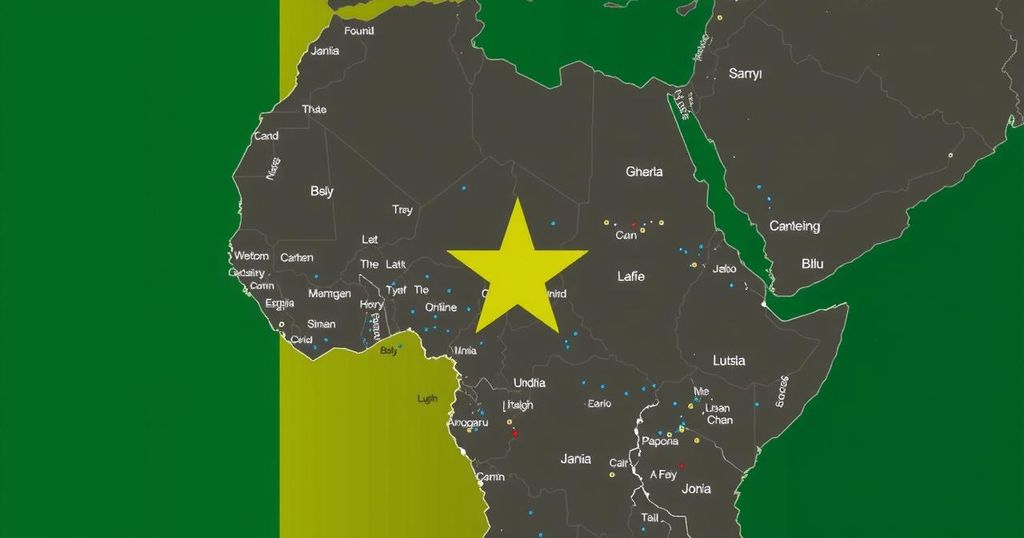Voting Along Tribal and Religious Lines Threatens Ghana’s Democracy and Development
Michael Donyina Mensah, Executive Director of CenPOA, cautioned that voting along tribal and religious lines threatens Ghana’s democracy and stalls its development. He calls for voters to prioritize candidates’ integrity and competence, urging the electorate to reject these divisive sentiments. Instead, he emphasizes the need for a focus on policies that promote national unity and effective governance.
According to Michael Donyina Mensah, Executive Director of the Centre for Public Opinion and Awareness (CenPOA), the practice of voting along tribal and religious lines not only undermines Ghana’s democracy but also hampers the country’s development. He posits that persistent reliance on these sentiments will stall the nation’s progress. Research indicates that political campaigns rooted in tribal and religious affiliation detract from the critical engagement of voters to make informed choices based on candidates’ qualifications and integrity.
Mr. Mensah emphasized that such voting practices prevent the electorate from selecting leaders who are competent, accountable, and trustworthy. He articulates that when voters prioritize tribal or religious affiliations over a candidate’s character and capability, they overlook vital qualities that ensure responsible governance. Furthermore, he urges Ghanaian citizens to focus on the policies, integrity, and accountability of candidates when exercising their right to vote. This approach is essential in fostering national unity and adhering to constitutional principles.
In a recent interview, he expressed concern over the endorsement of certain political figures by tribal leaders, which contradicts constitutional guidelines designed to prevent the formation of parties based on ethnic or religious affiliations. The ongoing favoritism towards specific tribes within political frameworks calls for urgent redress to facilitate national development.
The discourse on voting behavior in Ghana highlights a critical intersection between democracy and socio-cultural identities. Historically, political affiliations have often been tied to ethnic and religious identities, which can lead to divisiveness and undermine cohesion in national development. The Ghanaian constitution seeks to mitigate these divisions by discouraging the formation of political entities based solely on tribal or religious lines. The comments by Mr. Mensah reflect a broader concern among civil society organizations focused on promoting good governance and accountability in African democracies. Understanding this context helps illuminate the stakes involved with electoral choices that prioritize identity over capability, which can stifle effective leadership and transformative governance.
In conclusion, Mr. Michael Donyina Mensah’s warning regarding the perils of voting along tribal and religious lines serves as a reminder of the essential need for informed electoral choices in Ghana. By advocating for a focus on candidates’ qualifications and dedication to public service, he champions a vision for a more accountable and progressive governance. Combating the trend of identity-based voting is imperative for fostering a healthier democracy and ensuring national development. Citizens’ active engagement in promoting competent leadership will be crucial in shaping the future of the nation.
Original Source: www.ghanaweb.com




Post Comment